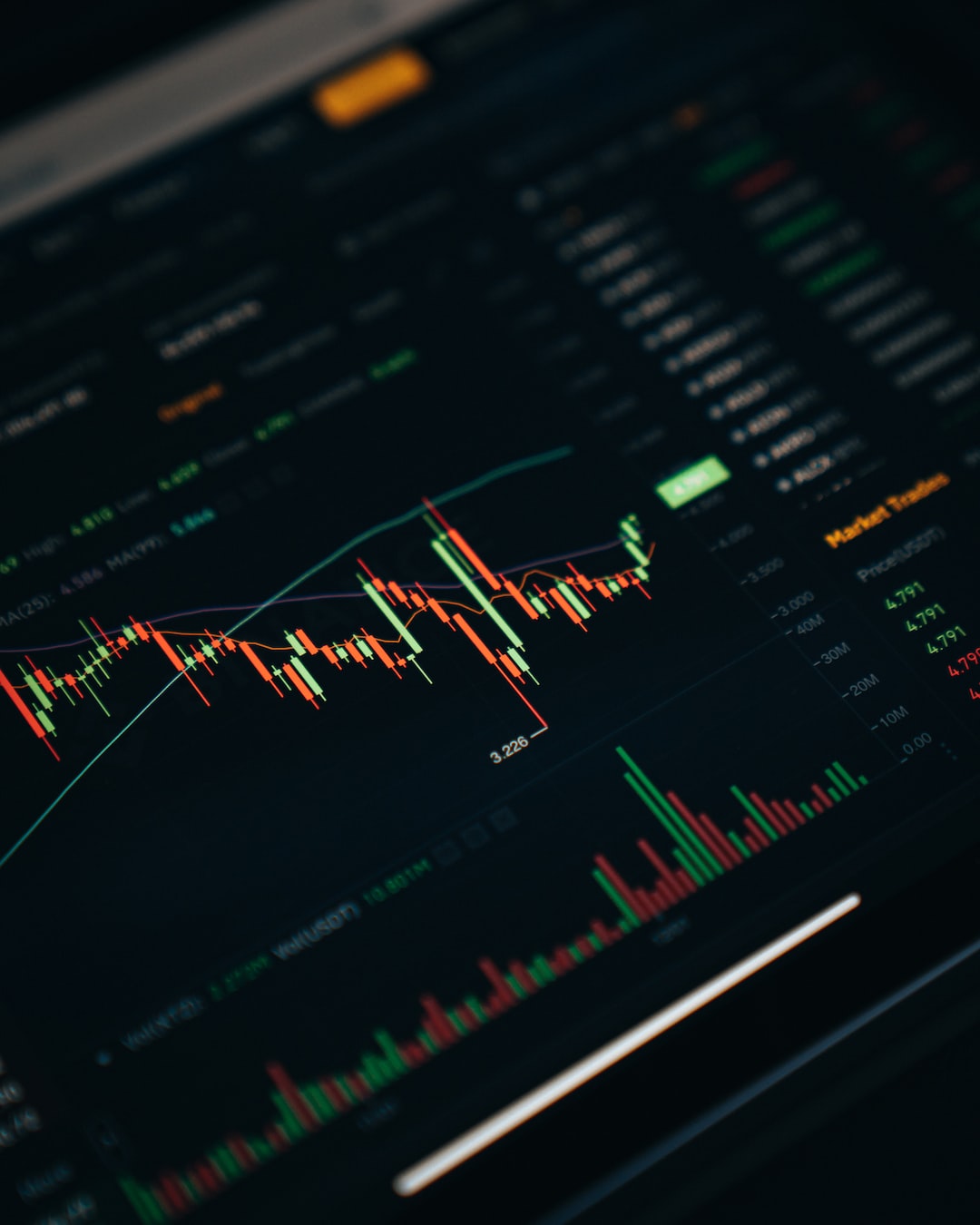The foreign exchange market, also known as forex, is the largest and most liquid financial market in the world. With an average daily trading volume of over $6 trillion, it offers endless opportunities for traders to profit. However, forex trading is not just about technical analysis and strategy; it also has a significant psychological impact on traders’ decision-making.
The forex market is highly volatile, with prices constantly fluctuating. Traders need to make split-second decisions based on market trends and economic indicators. These decisions can be influenced by a variety of psychological factors, which can either enhance or hinder a trader’s success.
One of the most common psychological factors that impact traders’ decision-making is emotions. Forex trading can evoke a wide range of emotions, including fear, greed, excitement, and frustration. These emotions can cloud a trader’s judgment and lead to impulsive and irrational decisions.
For example, a trader who experiences a string of losses may become fearful and start doubting their abilities. This fear can prevent them from taking valid trading opportunities, leading to missed profits. On the other hand, a trader who experiences a series of wins may become overconfident and take excessive risks, which can result in significant losses.
To overcome the psychological impact of emotions, traders need to develop emotional intelligence and self-control. Emotional intelligence involves the ability to recognize and manage one’s own emotions, as well as understand and empathize with others. By developing emotional intelligence, traders can better understand their own emotional triggers and take steps to manage them effectively.
Another psychological factor that impacts traders’ decision-making is cognitive biases. Cognitive biases are inherent flaws in human thinking that can lead to irrational judgments and decisions. These biases can affect traders’ perception of market information and cause them to make suboptimal trading choices.
One common cognitive bias is confirmation bias, which is the tendency to seek out and interpret information that confirms one’s existing beliefs or opinions. In forex trading, confirmation bias can lead traders to ignore or discount information that contradicts their preconceived notions about the market. This can result in missed trading opportunities or holding onto losing positions for longer than necessary.
To mitigate the impact of cognitive biases, traders should strive to be aware of their biases and actively seek out different perspectives and opinions. They should also rely on objective data and analysis rather than solely relying on their own intuition or gut feelings.
Additionally, forex trading can have a significant impact on traders’ mental well-being. The constant pressure to perform and the fear of financial losses can lead to stress, anxiety, and even depression. These mental health issues can further impair a trader’s decision-making abilities and overall performance.
To maintain a healthy mental state, traders should prioritize self-care and stress management. This can include regular exercise, proper nutrition, adequate sleep, and engaging in activities outside of trading. Traders should also seek support from friends, family, or professional therapists to help them cope with the psychological challenges of forex trading.
In conclusion, the psychological impact of forex trading on traders’ decision-making is undeniable. Emotions, cognitive biases, and mental well-being all play a significant role in shaping a trader’s choices and outcomes. By developing emotional intelligence, being aware of cognitive biases, and prioritizing mental health, traders can navigate the psychological challenges of forex trading and improve their decision-making abilities.






